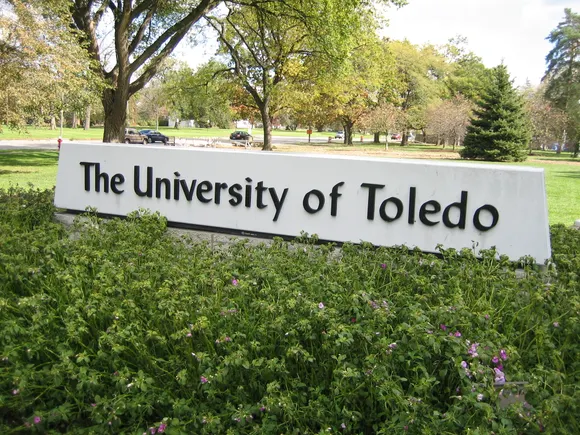Dive Brief:
- A former forklift driver for home improvement chain Menards is not exempt from arbitrating her sex harassment claim under the Ending Forced Arbitration of Sexual Assault and Sexual Harassment Act of 2021 (EFAA) because she “repeatedly and unequivocally told the district court that the arbitration agreement applied to this dispute,” the 6th U.S. Circuit Court of Appeals held May 12.
- Per court documents in Scroggins v. Menard, Inc., the driver worked in Ohio. She alleged that several months into the job, an assistant plant manager slammed a door in her face, disparagingly asking if he was “supposed to hold a door open for you because you are a woman?” He later allegedly yelled at her in an attempt to intimidate her and interfere with her work, then followed her out of the office continuing to yell until a co-worker intervened, the lawsuit said.
- The driver alleged she reported these incidents to HR but no action was taken and she was fired shortly thereafter. She sued Menards, alleging sex harassment in violation of Ohio law, among other things. Menards moved to compel arbitration pursuant to a mandatory arbitration agreement. The district court denied the motion based on the EFAA. The 6th Circuit reversed and ordered the court to stay the lawsuit pending arbitration.
Dive Insight:
The EFAA provides that, “‘at the election of the person alleging conduct constituting a sexual harassment dispute,’ a preexisting arbitration agreement need not control the forum and manner of dispute resolution,” the 6th Circuit explained.
Here, the forklift driver repeatedly told district court that the arbitration agreement she signed was valid, enforceable and applied to her claims against Menards, the appeals panel noted.
However, without notice to or input from the parties, the district court raised the EFAA on its own initiative, the 6th Circuit said. The lower court then decided the statute applied and the lawsuit should be stayed, without explaining why the driver’s concessions should be disregarded, the appeals panel added.
In overriding the driver’s deliberate waiver of the EFAA, the district court abused its discretion, and the case had to be stayed in favor of arbitration, the 6th Circuit held. The circuit covers Ohio, Michigan, Kentucky and Tennessee.
Although the ruling focused mostly on legal strategy, the case also reminds employers how the EFAA can affect enforcement of mandatory arbitration agreements with respect to sexual harassment claims.
Signed into law by former President Joe Biden in March 2022, the EFAA prohibits forced arbitration of sexual harassment and sexual assault claims, allowing, as one of its primary goals, alleged victims to speak publicly about their experiences.
In at least two recent cases, employees subject to mandatory arbitration agreements were able to bring their sexual assault claims to court. In April 2024, citing the EFAA, a Texas appeals court refused to require a participant on the Netflix show “Love is Blind” to arbitrate her claim that a fellow participant sexually assaulted her.
A few months later, in August 2024, the 8th Circuit became the first federal court of appeals to apply the EFAA to deny a motion to compel arbitration of an employee’s sexual assault claim. The case involved a Chipotle employee who alleged a co-worker sexually assaulted her in the restaurant’s bathroom.






Leave a Reply